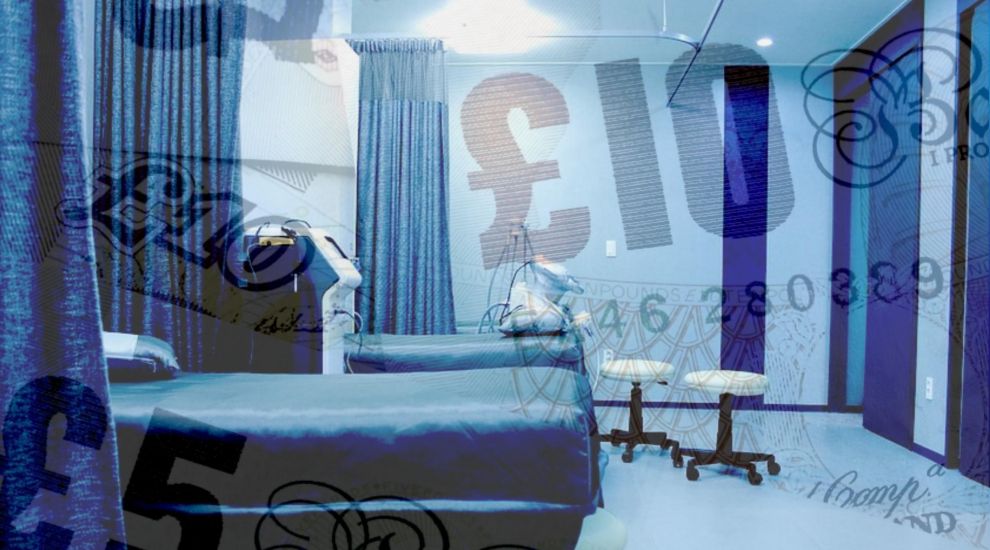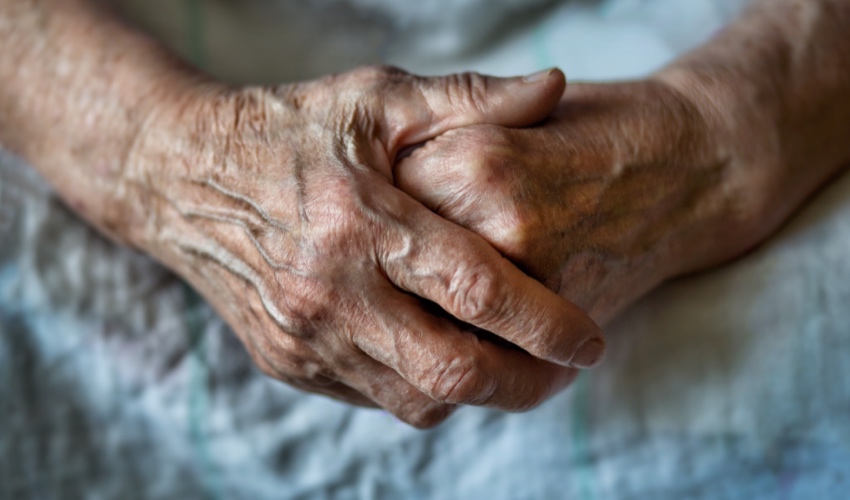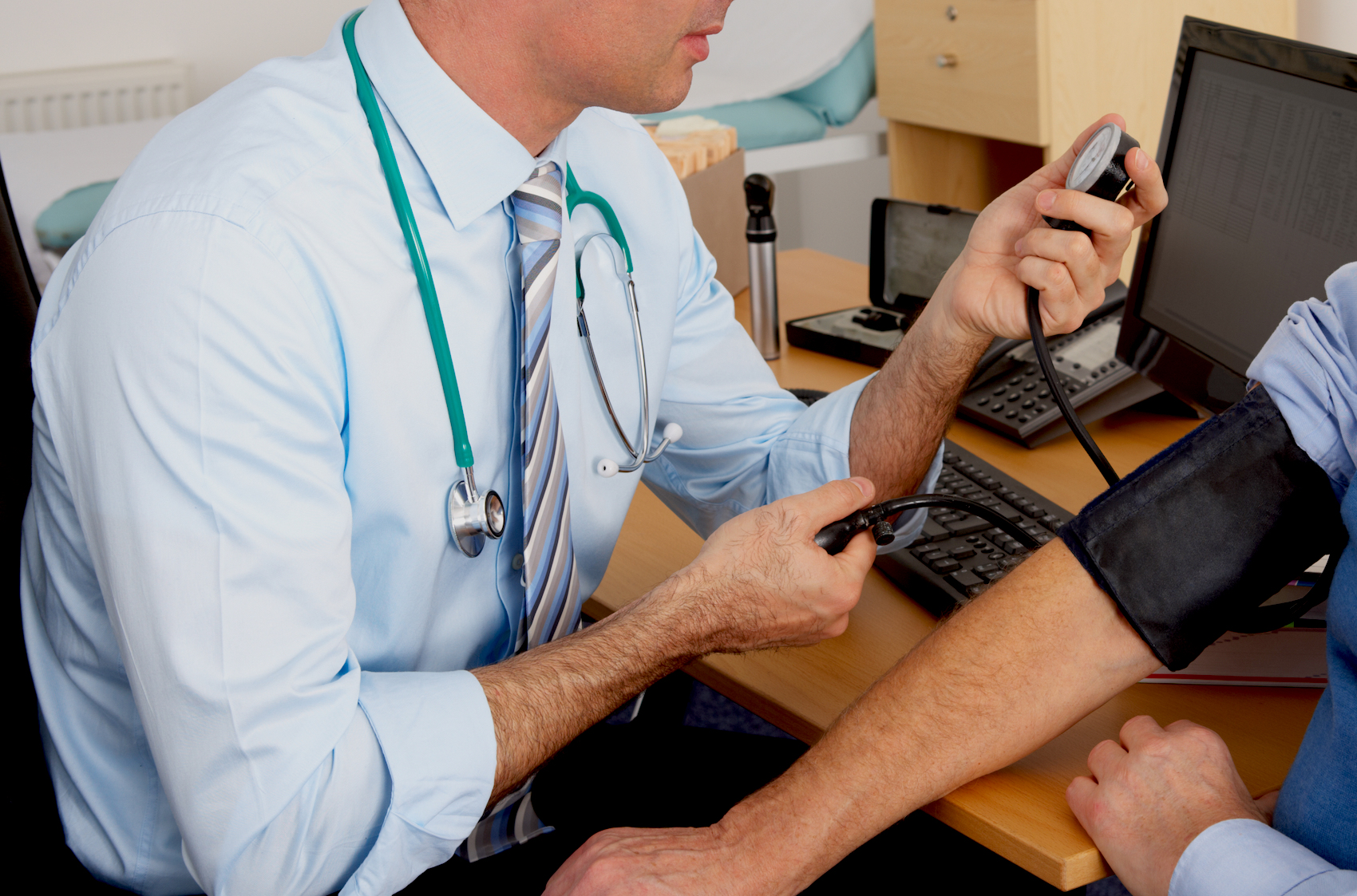


The Jersey Care Model spin is ostensibly predicated on a smaller acute hospital with more care in the community. Does this stack up?
The concept of keeping people fit and well in the community, in their own homes, is commendable, but can it be executed and is it exclusively the good or right to do so?
Jersey has been derided by the Director General of Health and Community Services for having too many community homes. The current direction of travel is to change focus to more individualised care - although one could be forgiven for not being aware of this given the fact that more care homes seem to be coming online. No divergence of policy there then!
One needs to ask how the apparent need for care homes might have arisen, however, and equally why the demand remains high.
Jersey is an island, relatively isolated from larger jurisdictions, with idiosyncrasies particular to itself. Older people might live distantly from their nearest and dearest and both might feel there is an element of safety in long-term sheltered housing or institutionalised care when parted from each other.

Pictured: The demand for care homes remains high.
Equally, some individuals do not thrive in the relative isolation of living alone at home with only intermittent contact with the outside world, be it actual or technological. Others move into sheltered accommodation in order to release property to their children.
Care costs
The cost of care is also an issue.
In purely financial terms, more than five hours a day of agency care at home is roughly the cost of full-time care and shelter in a residential home.
Not only are more complex packages of care expensive they have implications for staffing in an already stressed market and, indeed, on future sustainable population policy with the projected change in demographics - a 'dependency ratio' of two people retired for every person working by 2035.

Pictured: There will be two people retired for every person working by 2035 in Jersey, according to current official estimates.
Add to this the ‘user pays’ component we have seen following the closure of Samarès and the total overall cost to the island of the prospective JCM (not the anticipated savings claimed by HCS) bears further examination from the perspectives of patients and their relatives.
All need to be investigated properly by the incoming government following the election next week – including the egregious setting of 13 weeks as the maximum period to be treated in hospital following a stroke or serious injury.
Interestingly, a scheme like the JCM was trialled and stopped after six months in July 2017 by the equivalent of a Scrutiny Committee in Northwest Devon NHS Trust and the protagonist came to Jersey, effectively, bringing a previously rejected experiment in the UK to Jersey.
Is Jersey different? Resources are more limited by its geography and space is finite. There will be marked population and related societal infrastructure implications of a significant influx of extraneous people to provide care.
The care system of the future needs to be sustainable, reactive and efficient without being overwhelmed. How care is provided is partly a question of choice, but the realities of cost and demographics will necessitate compromise. Possibly by incentivising smaller units similar to Havre des Pas or Les Amis, but for specific conditions where relatively more people can be cared for without significantly increasing the number of carers required.
Above all the health service needs to be integrated and, if improvements are to be made, and additional tasks and services added to primary care, they must be paid for. That means that the States Healthcare budget, as is happening everywhere else in the western world, will need to increase. To say otherwise is simply adopting a Canute pose and denying reality.
Recruitment for an Oversight Board, stipulated by Scrutiny when the JCM was voted for in the latter part of 2020, only began in Sept 2021 after £6.6m had already been spent.
Even then, it can hardly be described as independent, as it reports first to the Director General before its report is to be passed to the Health and Social Services Scrutiny Panel that successfully called for the independent panel to oversee the work of the JCM, both during development and implementation.
Furthermore, its brief seems to be to comment on existing strategy rather than modify it.
£11m-plus predominantly related to hospital IT (the details of this budget have never been revealed and the 2021 review released in April quoted a reduced figure of circa £6m) replacing £20m-plus already spent on decommissioned hospital software, in place for little over a decade, plus managerial recruitments and rearrangements.
The proposed bolstering of acute community nursing, a sitting service and intermediate care are all laudable to protect the hospital. However, what about day-to-day care in the community? Approximately 350,000 consultations take place in general practice every year.
The recently published Government Strategic Plan 2022 to 2024 states only that 'consideration will be given to funding of wider Primary Care over the next few years' with no firm commitment as to when, if any, additional funding will be released. Specific support of the JCM for primary care infrastructure was refuted at a Scrutiny Panel meeting with HCS in 2019.

Pictured: Approximately 350,000 consultations take place in general practice every year.
Separately, HCS has been provided with funding of £805.5m for a hospital with a contingency of £300m plus the £100m promised via the JCM and the recently published Strategic Plan.
Meanwhile, those people of ‘middle Jersey’, hard-working couples who already can't afford their homes, are having to prioritise an acute visit at their practice over perhaps more pressing demands on their lives.
How are they incentivised to present for early detection or continued care of serious disease? How exactly is money going to ‘follow the patient’ from the present tax-based system that is the hospital outpatient department to the community?
There is a move to introduce pathways of care for long-term conditions in the community but the means by which these will be financed and serviced by a depleting number of GPs is, at best, conceptual.
Furthermore, it has been tried twice before in the Care in the Community proposal in 2012 and the Sustainable Primary Care Strategy of 2015. In each case the proposals failed due to a lack of government investment in core Primary Care.
Increased utilisation of the so-called third sector' is also proposed, but the Silkworth/Brig y Don concept was not uniformly supported by Government.
Does this provide confidence for other charitable sectors trying to provide the community services HCS says it needs?
In part the JCM is a response to chronic underinvestment compounded by annual States saving initiatives.
In the UK, there was certainly a correlation between investment and reduction in waiting lists to 2010 and one would anticipate a similar result locally should there be a review of policy.
It proposes 'running beds hot', i.e. increasing the bed occupancy rate so that there is little room for manœuvre in the event of an unexpected medical emergency. Most other advanced healthcare systems have reduced bed numbers in recent years.
However, the UK has far fewer acute beds relative to its population than many comparable health systems and Jersey seems intent on following suit despite recent warning of the associated problems by NHS leaders commenting on the post-pandemic position of Health in the UK.
Additionally, the target bed occupancy rate is usually considered to be 80–85% of the total bed capacity for large hospitals, and 45% for small hospitals (due to lack of economies of scale). However, as there is only one hospital on the island, the UK NHS flexibility of being able to move patients to other hospitals in time of excess need, simply does not exist.
The Jersey average is 70%, according to recent released HCS indices. Bed numbers have fallen from 253 in 2017 to 187 in 2021 with proportionately fewer proposed for the new hospital despite three separate consultancies - KPMG in 2011, WS Atkins in 2012/2013 and Gleeds Management Services in 2017, as a part of the Future Hospital business plan - all saying that the bed requirement in the new hospital should be 300 to 350 overnight beds. Sadly, despite a demographically ageing population only 267 overnight beds are proposed for the new hospital - although at the Planning enquiry in April figures spanning between 175 and 400 were proffered.
Increased numbers of carers in the community are actively being sought but, as described in a previous article, individual care on the scale proposed looks unachievable. It is already difficult to provide individualised care (something the Jersey Care Commission appears loath to accept) and it is hard to envisage a significant improvement in the short term, both globally and locally, particularly while Brexit and the expense of living in Jersey continue to significantly influence recruitment.
So, in its present form, is the Jersey Care Model, predicated on something that was turned down in a larger jurisdiction rather than the needs peculiar to a relatively isolated small piece of land, able to prove its worth?
Amendments of its focus seem both inevitable and urgent.
How does Jersey's healthcare system work?
How sick is our health system?
How easy is it for staff to raise concerns?
This article is part of a series by Dr Nigel Minihane, aiming to raise questions and prompt debate and discussion about Jersey's health service ahead of the election.
The final edition is next week. Make sure you don't miss it by signing up to Express's daily news email HERE.